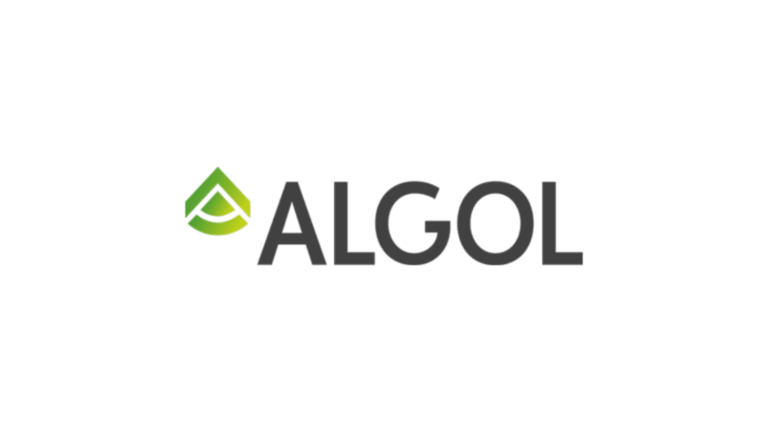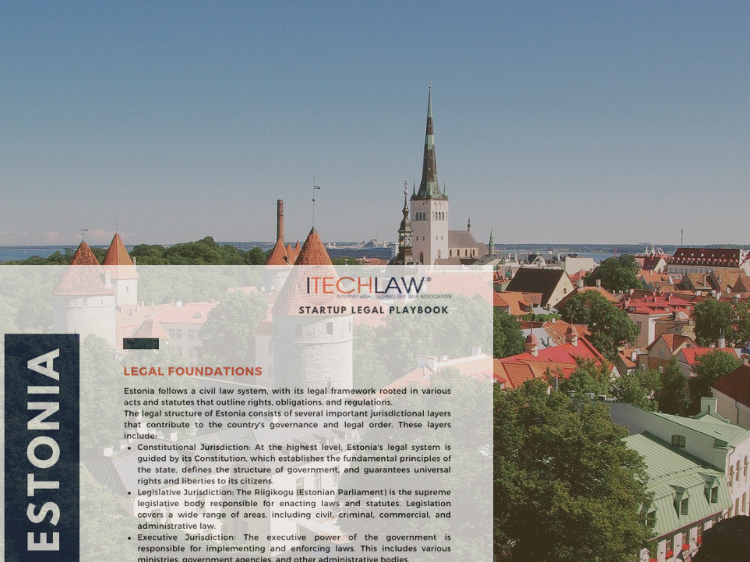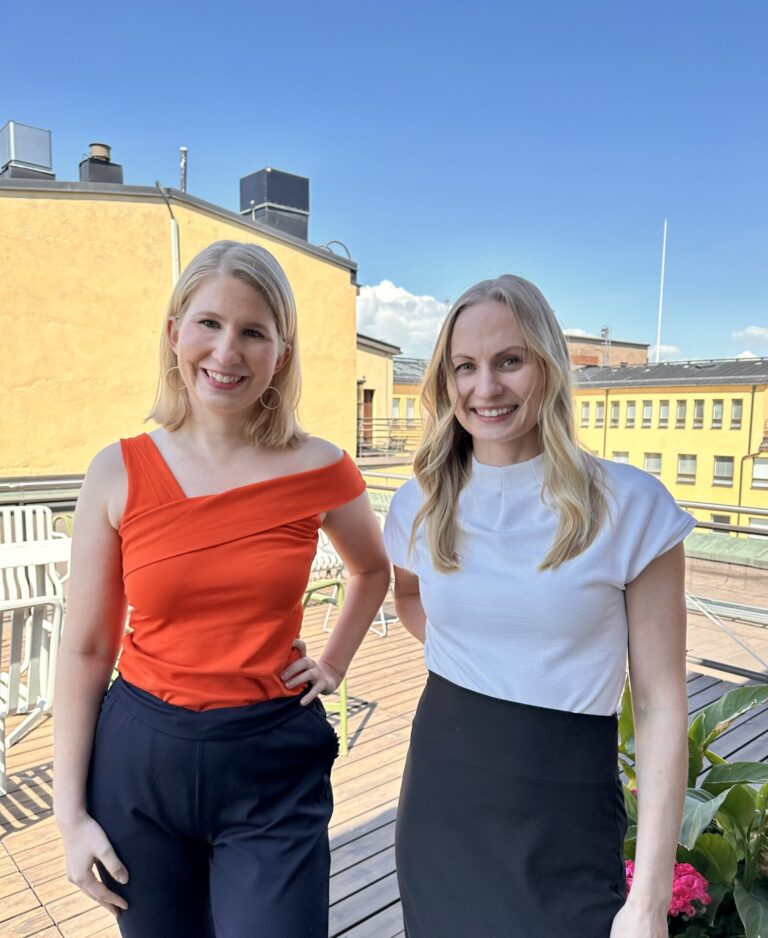
Background
Although the dust has now (mostly) settled on the Brexit saga as far as the European Union (EU) is concerned, the United Kingdom’s (UK) departure has left some interesting gaps in legal processes that were previously governed by EU law. Among the uncertainties remaining relates to judicial cooperation in civil and commercial matters and, in particular, the taking of evidence, e.g., witness examination abroad by UK courts by video-link.
As the world transitions to a new phase of the coronavirus, most consider that hearings by video-link are largely here to stay. The demand for remote hearings, not least given the risk of further travel disruptions, will likely only lead to increased judicial cooperation in civil and commercial matters. Accordingly, it is important to be aware of the rules currently applicable to the taking of evidence by foreign courts from witnesses located overseas to ensure that there are no nasty surprises to taint the legitimacy of proceedings, to say the least of diplomatic problems.
This article will therefore set out the law applicable to the taking of evidence by UK courts from witnesses in Sweden, Finland and Denmark as well as provide some practical tips on how to go about obtaining permission to do so by video-link.
Applicable law in Sweden
As a starting point, the taking of evidence by foreign courts is typically regulated at treaty level. In the absence of such an international agreement, the Act on the taking of evidence for a foreign court of law (1946:816) (Sw. Lag (1946:816) om bevisupptagning åt utländsk domstol) applies. As mentioned, EU law is no longer applicable to the UK in this respect. However, a bilateral treaty from 1930 remains in force between the UK and Sweden, the Convention of 1930 between Sweden and Great Britain concerning certain matters in civil and commercial cases (SÖ 1931:1). Additionally, both the UK and Sweden are parties to the Hague Evidence Convention of 1970, which sets out the process and circumstances in which evidence may be taken. In essence, the requesting authority, e.g., the UK court, sends its request for assistance with the taking of evidence to the central authority of the requested state, e.g., the Swedish Ministry of Justice.
Of course, these instruments and legislation pre-date the availability of video-link technology that facilitated the taking of witness evidence. According to the 2020 Guide to Good Practice on the Use of Video-Link under the Evidence Convention, the admissibility of video-link under the Hague Evidence Convention depends on whether the taking of evidence is direct, i.e., conducted remotely by the requesting authority, or indirect, i.e., conducted by an authority of the state where the witness is located. While the Hague Evidence Convention permits the use of video-link for the indirect taking of evidence, the picture is less clear for the direct taking of evidence, i.e., when an authority conducts the examination of a witness located abroad.
The Swedish perspective
A foreign authority seeking the direct taking of evidence in Sweden via video-link will need to request permission from the central authority, the Swedish Ministry of Justice. The request should make it clear that it comes from an authority, e.g., the UK court, and clearly set out the assistance requested, e.g., permission for the UK court and counsel to administer and conduct witness examination and cross-examination of a witness located in Sweden. If the Ministry of Justice in Sweden considers the request to be unclear, it will ask the requesting authority to supplement its request with further information.
The request should also include inter alia:
- a summary of the ongoing legal proceedings;
- the relevant legal provisions and any issues of statutory limitations;
- the subject matter of the dispute;
- information about the urgency of the matter;
- contact information for the witness; and
- how the witness examination will be carried out (e.g., under oath, in a Swedish court, at a law firm, by video-link, etc.).
Whether the witness consents to the process will also be decisive in terms of the nature of the request for assistance.
However, the Swedish Ministry of Justice does not require a specific order from the requesting authority that the witness can give evidence by video-link, as the taking of evidence by video-link is permissible in domestic proceedings in Sweden. Further, permission is not required from the Swedish Ministry of Justice for witness examination by telephone where the witness consents to the taking of evidence by the foreign authority.
The Finnish perspective
In Finland, there are typically three options available to litigants when taking evidence and especially the examining of a witness:
- the witness is summoned to come to trial in the court in question, even when the witness resides in a different state;
- the witness is heard in the court of the state in which he resides; and
- the witness is heard via video link or by phone.
If required, the hearing via video link by foreign authorities can be organized in a Finnish court.
The process and request depend on the applicable legislation. The applicable law/treaty is either EU law (in case both states are EU states) or an applicable treaty between the two states in question. In case the requesting state is not an EU state and there is no applicable treaty, the applicable legislation is the Finnish law – in particular, the Act on International Legal Assistance and Recognition and Enforcement of Judgments in Civil and Commercial Matters (426/2015) (Fi. Laki kansainvälisestä oikeusavusta sekä tuomioiden tunnustamisesta ja täytäntöönpanosta siviili- ja kauppaoikeuden alalla).
Since the UK is no longer an EU state, EU legislation does not apply between Finland and UK. However, like Sweden and the UK, Finland is party to the Hague Evidence Convention and, hence, this treaty is applied as the legal basis for the taking of evidence in Finland for a court in the UK.
As mentioned above, the Hague Evidence Convention does not explicitly refer to modern technology, such as online video connections. Despite this, it has been established long ago that the use of technology for the effective functioning of the Hague Evidence Convention is possible and even recommended.
In accordance with Article 27 of the Hague Evidence Convention, the Convention shall not prevent the use of national law for the taking of evidence by video link under less restrictive conditions. The authorities should first check whether the taking of evidence via video link is permitted under the internal law of the place where the trial is pending. Secondly, the authorities should check that taking evidence by video link is not contrary to the internal legislation of the place from which the evidence is received.
In the case of Finland, the taking of evidence by video link is allowed under Finnish law, and, actually, very common in Finnish courts – especially since the outbreak of Covid-19.
The Danish perspective
The taking of evidence from witnesses via video or telecommunication is commonly applied in Danish proceedings, even if the main rule is that the hearing of witnesses shall be in person. In particular, the video witness statements are used in criminal proceedings, where there is a need to take special considerations to victims (in particular, minor victims).
In civil proceedings, the Danish Administration of Justice Act (Dk. Bekendtgørelse af lov om rettens pleje) (Act) explicitly allows for witnesses to give their statements via video hearings insofar as the witness statement will be recorded in a Danish court or by a public agency or private operator, which has been authorised to provide means of telecommunication, in court proceedings. With respect to witnesses situated outside Denmark, the court may allow a witness to give evidence in a Danish proceeding by use of video communication, if it is deemed by the court that the statement can be given under similar secure circumstances as above.
In respect of the taking of evidence from witnesses in proceedings in foreign jurisdictions outside EU, Denmark has also ratified the Hague Evidence Convention.
Further, the Act specifically applies to witness examinations requested by foreign public authorities, including requests from foreign nations for observance of a special form or procedure, hereunder examination conducted from abroad by use of telecommunication equipment. Such requests must be complied with wherever possible unless such compliance would clearly be incompatible with Danish law.
It is noteworthy that the Danish court will apply the Act generally to such requests, and the subsequent witness statements, which allows e.g., for video statements to be taken, and also ensures that relevant regulations governing the duty to appear as a witnesses, right not to self-incriminate and duty to speak truthfully and applicable sanctions for violation by the witnesses (e.g., fines and imprisonment), will be applied and enforced by the Danish court.
As such, a UK court may submit a request to the relevant Danish court, requesting the Danish court to conduct a video transmitted witness statement from a Danish domiciled witness.
Comment
In the event a witness is or will be located in Sweden at the scheduled time of a hearing and the taking of evidence by video-link is preferred over telephone, it is critical to ensure that the relevant witness is prepared and has given their consent to the taking of evidence. Counsel should ensure that the requesting authority (i.e., the UK court) make its request by email or post, include all the relevant information about the case and assistance required, and submit in as timely a manner as possible. The Swedish Ministry of Justice can typically process complete requests within a week, including the time necessary to contact the witness and confirm their consent.
In Finland, the relevant UK authority may submit a request for legal assistance to a Finnish court to hear a Finnish resident via video link.
As for Denmark, a UK court may submit its request for the taking of evidence from a Danish domiciled witness by video to the relevant Danish court.
At Magnusson, we are well positioned to advise clients on cross-border matters across the dispute resolution spectrum, including litigation and international arbitration. Our civil law and common law legal practitioners are ready to assist with the taking of evidence by foreign courts from witnesses in Sweden, including by providing video-link services at our offices, and to advise on the request process in general. Magnusson is also available to advise on how business from a range of sectors can deal with other legal issues, including capital markets and M&A transactions, labour law, insurance law, real estate law and public procurement.
Contact

Jake Lowther
Associate (Leave of absence until august 2025)
Corporate and M&A, Capital Markets, Dispute Resolution, International Arbitration
Send me an email +46 8 463 75 00 +46 76 822 75 19









